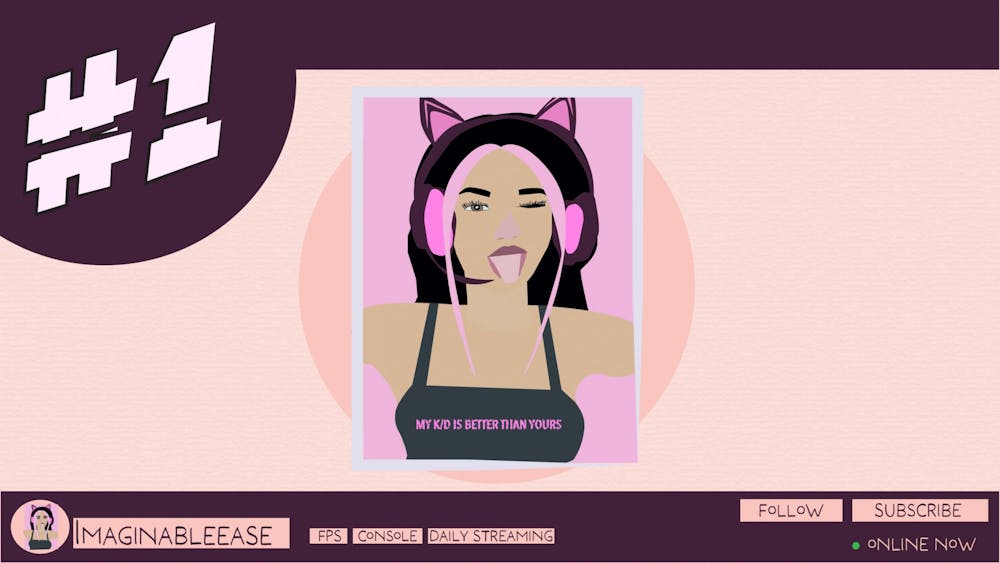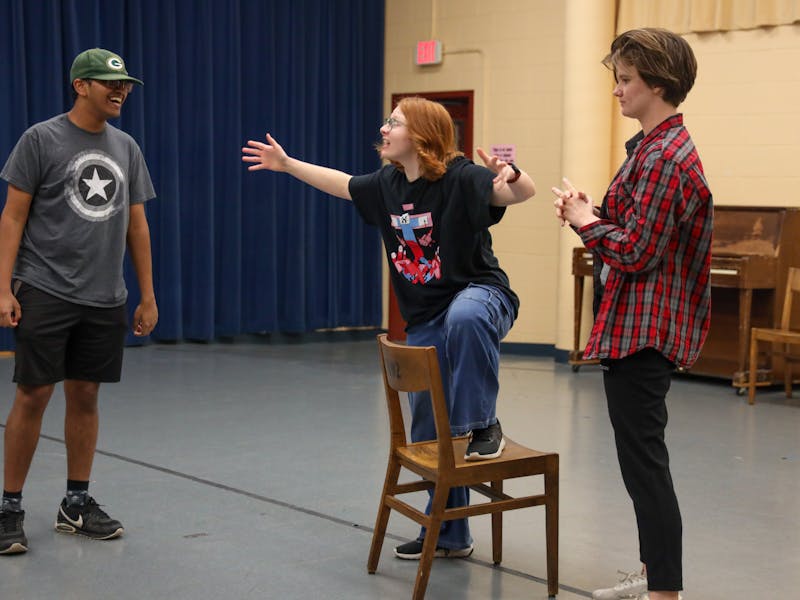Online gaming is a space often believed to be dominated by men. After all, male gamers receive far more visibility than female gamers in pretty much every way. Though there have been leaps and bounds made as of late to shine a light on sexism in other parts of society, the world of online gaming continues to be a place where women are met with staggering amounts of brutal harassment from men simply because of their gender.
A 2021 study found that of the 200 million gamers in the United States, 48% are female. Regardless, there is an overall lack of representation for female gamers in media and in the industry. Despite women making up almost half the gaming community, they only make up around 24% of those working in gaming. Video game ads also continue to be targeted primarily toward men and boys.
Women face a disproportionate amount of abuse from other players in the gaming world, usually from misogynistic male teammates. In a survey of women who frequent online gaming spaces, 77% reported having experienced gender-specific harassment and discrimination. This can take the form of insulting a woman's skills on the principle of her gender, making comments about her voice or body if a chat is being used or suggesting that she ought to stop gaming entirely to pursue stereotypically sexist tasks such as housework.
Only one in five women feel comfortable using an online voice chat while gaming and a quarter have stopped playing specific games due to an overwhelming amount of discrimination and aggravation. Even when female gamers are not verbally targeted in group calls, they are often muted by male admins before they are given a chance to participate in the forum simply because of their gender.
Julissa Gaston, a freshman neuroscience major, has been playing online video games for years. During this time, she has dealt with her share of gender-based discrimination and sexual harassment in male-dominated chat rooms. “I’ve definitely joined voice chats before, and people ask, ‘Are you a girl, or are you a ten-year-old boy?’, and I’m like, ‘I’m a girl,’ and then they’ll kick me out of the group,” Gaston said. “You’ll get strong negative ‘eww, it’s a girl’ or ‘you can only play these roles in the game’. ‘You’re a girl, you’re not gonna be good at this’."
For some, the frequent verbal abuse is so tiring that they take on a whole new online persona to stop misogyny before it can even be triggered. Many women disguise their gender when online gaming to stave off sexist comments and limit discrimination from male gamers. Tools such as voice changers or avatars can be very helpful in this venture. 76% of female gamers are reported to have hidden their gender at one point or another, 93% of which did so as a response to incessant harassment.
The prevalence of misogyny and harassment towards women in online gaming is indisputable, and it causes many female players to fear for their safety. It is too often that women receive anything from unsolicited nudes to death threats from male players who are angry that the woman refuses to give them attention.
“There were several times different guys in the group got my Snapchat and we’d start snapping, and it would take a turn,” Gaston said. “Day two of us gaming together had him asking for nudes on my Snap. ‘Let’s see an ass pic,’ ‘let’s see a tit pic,’ ‘you wanna see a pic of this?’, and then he sends it to me anyways even though I didn’t want it.”
Sexualization is one of the most common forms of harassment that women face in online gaming. Many women are pressured by male teammates to make an OnlyFans or start producing pornographic content, and some have even found photos of themselves that male players uploaded to Pornhub or similar sites without their permission. 44% of female gamers report that they received unsolicited romantic inquiries and relationship asks.
Gaston mentions that even when male players welcome her to participate in a game, it is always with the caveat that she will behave submissively and do as she is told. More often than not, when women are "told" to do something in an online game, it comes wrapped in a nasty bow of what is known as linguistic sexism.
If a male gamer tells a female gamer that she "sucks" or should "quit the game", these comments are not charged by her gender and just fall under the general umbrella of online rudeness. However, if she is called a "whore" and told to "uninstall Overwatch and go back to the kitchen," these insults take on a whole new meaning. They are borne out of the belief that women should be subservient to men and do not belong in the gaming sphere. These disgusting sentiments are prevalent in first-person shooter or combat games such as Overwatch, Fortnite and Call of Duty.
Sexual remarks made toward women in online chat rooms are infamous for their role in perpetuating rape culture. Comments featuring mentions of rape or sexual violence towards a woman are usually seen as jokes by the men who say them, contributing to the normalization of using gender and sexuality as verbal and physical weapons against women both within and outside of the gaming community.
This can be especially alarming for queer women in gaming spaces since lesbian and bisexual women who already experience significantly higher rates of sexual assault and rape compared with heterosexual women. Queer women face a unique kind of misogyny and harassment that includes a heavy dose of homophobia and transphobia. 1 in 4 out LGBTQ+ gamers report to having been threatened with sexual assault. They are also 21% more likely to receive verbal abuse than their cisgender or closeted counterparts, and as a result, nearly half of them have given up gaming altogether.
Women's wishes to conceal their gender or sexuality from chat rooms are sometimes futile, and in spite of their best efforts, the deeply rooted culture of sexism in gaming wins far too often. Gaston and other female gamers have come to the conclusion that there is no avoiding harassment. “The cyberspace is already shrouded in such misogynistic tones, so it’s just natural. It’s what happens when you play online games. It’s not a matter of if, it’s a matter of when.”
Despite frequently being subjects of abuse, women are constantly making efforts to adapt to an online world that is anything but welcoming. The feminist movement has gained a lot of ground in recent years and has helped to spotlight some problematic attitudes toward women, but there is still a lot of work to be done in the sphere of online gaming. The path to gender equality will be long and hard-won, but women have proven that they are resilient and capable of protecting their rightful place in the gaming world no matter what.



